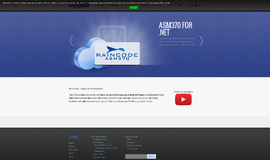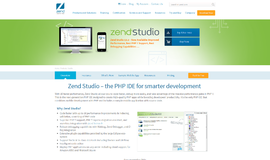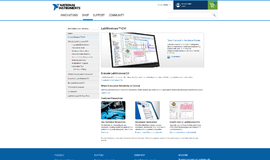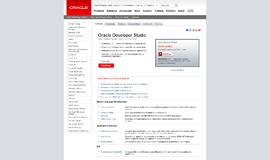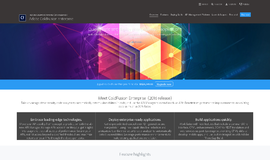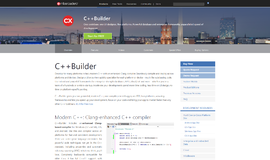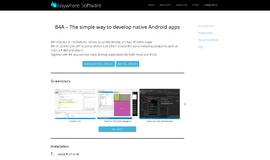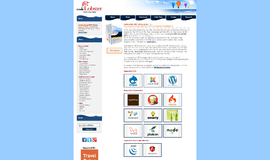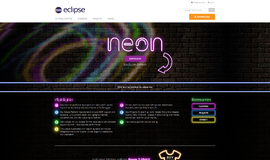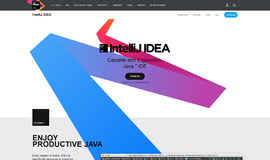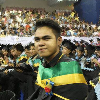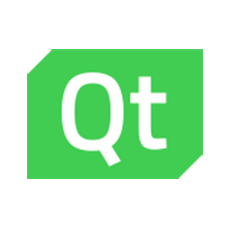
What is it all about?
A cross-platform C++, JavaScript and QML integrated development environment which is part of the SDK for the Qt GUI Application development framework. It includes a visual debugger and an integrated GUI layout and forms designer.
Key Features
*The Tulip Container Classes, a set of template container classes. *The Arthur Paint System, the Qt 4 painting framework. *The Interview Framework, a model/view architecture for item views and the QtSQL Module, which also uses this architecture. *The Scribe Classes, a framework for creating text documents, performing low-level text layout and writing OpenDocument files. *A collection of common desktop widgets, styled to fit in on each supported platform. *The Qt 4 Main Window Classes, a main window, toolbar, menu, and docking architecture. *The Graphics View framework provides a canvas for producing interactive graphics. *The QtNetwork Module provides support for TCP, UDP and local sockets that are integrated with Qt's event model, including support for Secure Socket Layer (SSL) communications, network proxy servers and network bearer management. *Enhanced thread support allows signal-slot connections across threads and per-thread event loops. Additionally, a framework for concurrent programming using Qt paradigms makes common threading tasks easier. *A resource system for embedding images and other resource files into executable files makes it easier to deploy applications. *A unit testing framework for Qt applications and libraries. *Graphical User Interfaces Alongside the support for traditional desktop user interfaces, Qt includes support for declarative UI development with Qt Quick, a set of technologies for creating fluid, dynamic user interfaces. A starting point for exploring this approach can be found in the Introduction to Qt Quick guide. *Painting, Printing and Rendering Widgets are just one of many kinds of paint device that Qt can render onto. This support for unified painting makes it possible for applications to use the same painting code for different tasks, as well as allowing Qt to be extended to support additional file formats. *Infrastructure Facilities for Inter-Process Communication (IPC) and Remote Procedure Calling (RPC) mechanisms are available on platforms that support the D-Bus message bus system. *An Undo framework based on the Command pattern is designed to enable a consistent approach to handling data in editing applications. *The QtScript and QtScriptTools modules provide support for application scripting and debugging using the ECMAScript language. *The QtHelp Module provides the foundations of an interactive help system that can be used in conjunction with Qt Creator or integrated into application directly.
Compare Products
Select up to three two products to compare by clicking on the compare icon () of each product.
{{compareToolModel.Error}}



